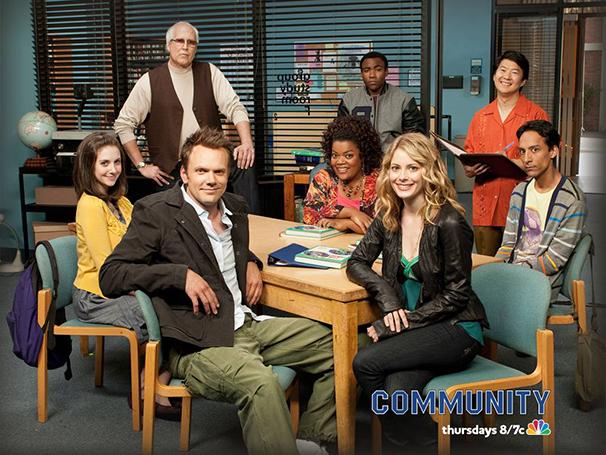
With shows like “Game of Thrones” and “Community” winning the hearts of fans and critics alike, it seems like the ensemble cast is all the rage on the small screen these days. Taking full advantage of the current fascination with celebrity culture, these shows cram as many A-listers in one story as possible. However, the trend of ensemble casting is perilous, often jeopardizing the quality of a TV series, not to mention causing interpersonal issues in the entertainment industry.
What most people see as the greatest advantage of ensemble casting — providing viewers with a strong dose of all their celebrity needs — is also the greatest weakness. When writers and producers put so many celebrities in front of the camera, they must somehow find a way to give every star enough screen time, and the writing invariably suffers in the process.
“American Horror Story,” for example, went to the extreme in its third season, “Coven” — there were two Academy Award winners and one Academy Award nominee in its principal cast, as well as teen star Emma Roberts.
As the season dragged on, the writing became worse, with the producers struggling to fit the top-billed stars into the storyline. Witches who died were revived at least twice, and additional characters — such as Delphine LaLaurie, played by the wonderful Kathy Bates — had few chances to contribute to the plot and were forced to hover in the background. The producers paid big money for these celebrities, but sacrificed a coherent plot in exchange for keeping them on the show. This choice resulted in a largely unsatisfying ending to “Coven.”
Behind the scenes, ensemble casts also constantly inspire conflicts. “Community’s” cast of comedic actors works perfectly on-screen, as each character has a specific role in the group. Yet show creator Dan Harmon had a highly publicized feud with Chevy Chase, the actor who played Pierce Hawthorne. A comedic legend, Chase did not appreciate being cast to the side as a secondary character who was constantly the butt of jokes. Arguments escalated until Harmon was fired and Chase voluntarily left the show.
When so many stars are involved, it is difficult to keep them all happy. Recently, Donald Glover, another star on the show, left the main cast in order to do some soul-searching. The cast changes caused by celebrity members have forced “Community” to change major character arcs.
Of course it is fun to see favorite celebrities together in the same scene, but ultimately, audiences are tuning in for good television, not Celebrity Jeopardy. Ensemble casting may be good fun, but the use of so many stars causes the quality of series to suffer, both on-screen and off.
A version of this article appeared in the Thursday, April 10 print edition. Bob Teoh is entertainment editor. Email him at [email protected].











































































































































